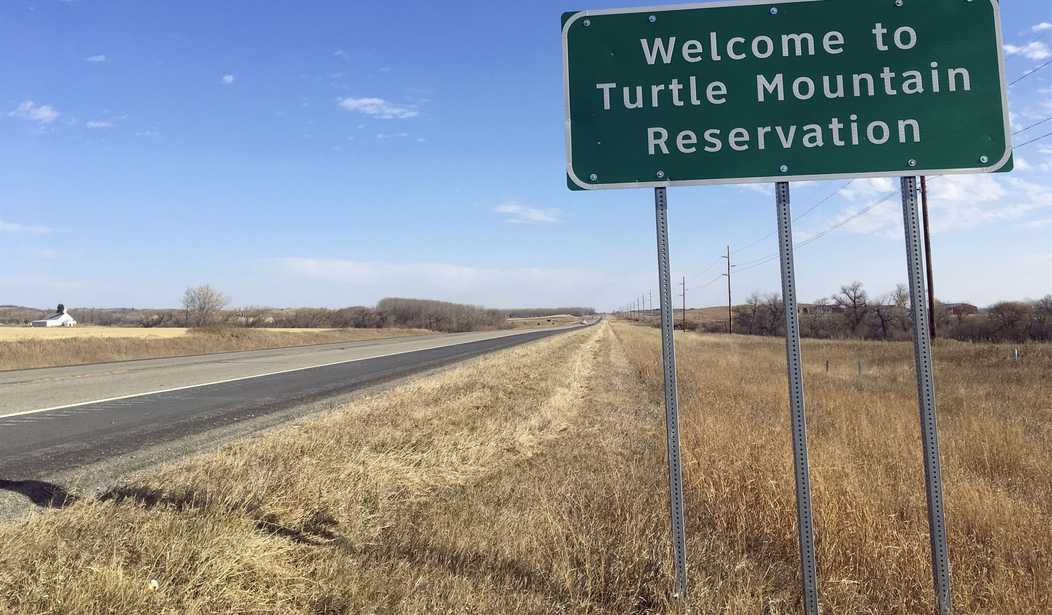Indigenous tribal leaders in Nevada have been expressing concerns for years over the difficulties that many of their members encounter when trying to vote. Multiple lawsuits have been filed demanding improvements that would allow them to more easily vote on their own lands. Slow mail service and a lack of affordable public transportation (unfortunately common on reservations) force many residents to travel dozens of miles just to vote in person. Many also lack permanent physical addresses, further complicating the process of delivering and collecting ballots. With that in mind, one solution currently being implemented is the opportunity to allow tribe members to cast their votes electronically via phones, web portals, or even fax machines, including during early voting periods. But that idea also presents its own challenges, particularly in terms of ensuring election security. (Associated Press)
Not wanting to cede their voice, tribal leaders have been making a push for expanded voting rights. That effort includes filing a lawsuit on behalf of all Nevada tribes seeking polling places on tribal lands and access to early voting.
“Tribes shouldn’t have to keep filing lawsuits just to vote on their own lands,” said Elveda Martinez, 65, a tribal member and longtime voting advocate. “It should be more accessible.”
The state has now granted the Walker River Paiutes and other tribes in Nevada a new right that advocates hope will greatly expand voting access for a community that gained U.S. citizenship only a century ago.
I've long been on the fence about the idea of the Indigenous tribes voting in federal elections at all, and I say this as someone with a significant percentage of Indigenous blood. The tribes are allowed to operate under their own governments if they wish, including the right to hold elections, collect taxes, and perform all of the other normal functions of government. But at the same time, they are charged federal taxes. It's a complicated question, but they have been given the right to vote so that's mostly beside the point.
Since they have the right to vote, it should be made just as easy for them to vote on their own land as it is for anyone else. But that can be easier said than done, as noted above. However, this electronic voting plan is problematic for a number of reasons. As we have been learning the hard way ever since the pandemic, the more complicated you make it to cast a vote and the more steps you introduce between the voter filling out their ballot and having it correctly collected and counted, the more you open the door to opportunities for bad actors to rig the game. When you add the internet into the equation, particularly in the era of AI, all bets are off as far as I'm concerned.
But if not e-voting, how else can the challenges being faced by the tribes be addressed? In-person voting has been made significantly easier for many people via partnerships with companies like Uber and Lyft, offering government-sponsored free rides to and from polling places. That might work out well on the reservations if they agree to allow drivers onto their lands during the election. For those with mobility issues, I suppose a limited amount of ballot harvesting will have to be tolerated, though it should be supervised carefully.
Perhaps all of these solutions are overly complicated. It's possible that the tribes simply need to have more polling places available. If that's the case, Nevada should be willing to work with tribal leaders and kick in some of the resources required to make that happen. Doing nothing is not an acceptable answer, but electronic voting that is available to the tribes and not to anyone else (in most cases) doesn't seem like a safe solution either.







Join the conversation as a VIP Member